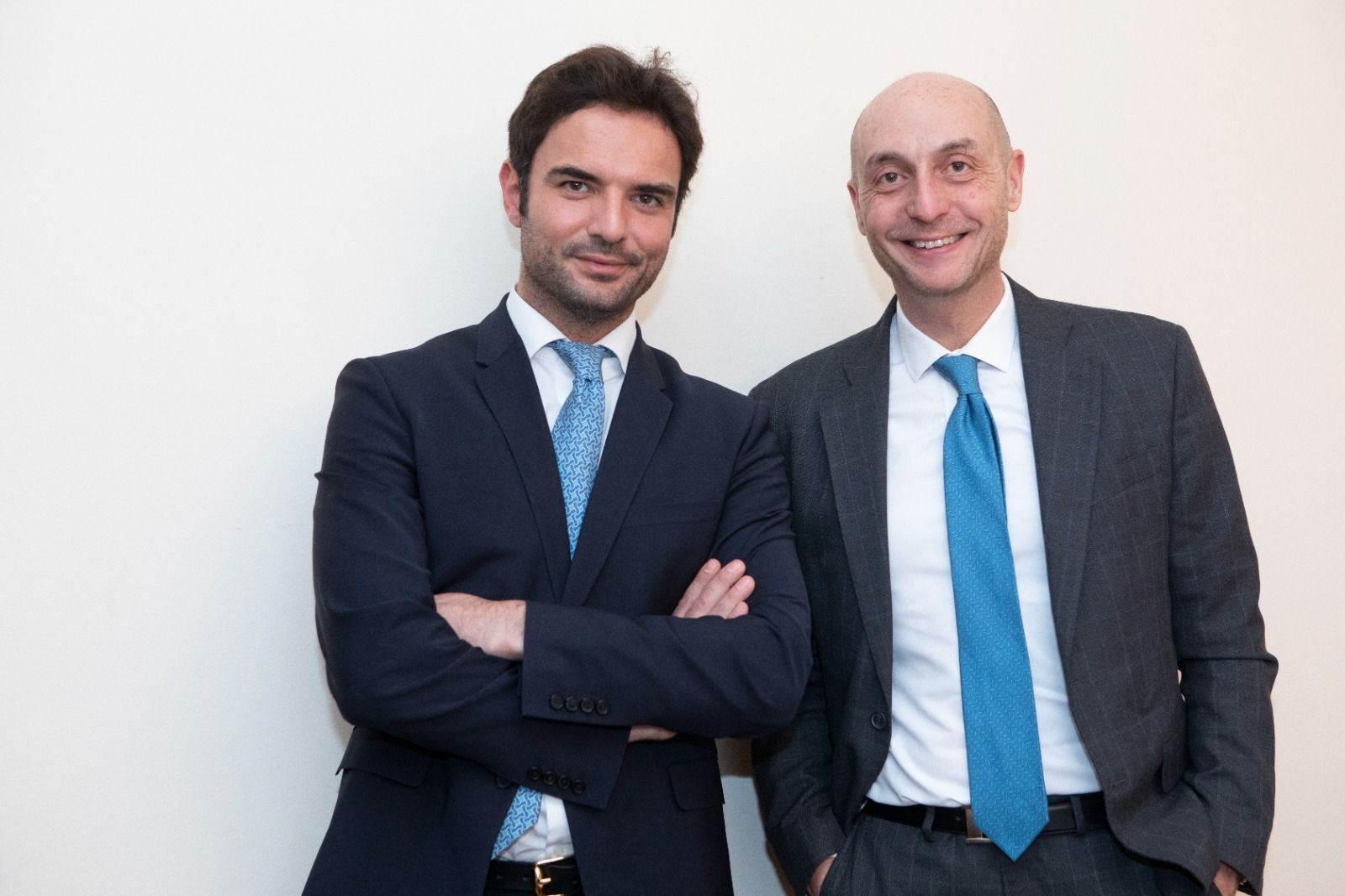Support Administration: how does it work
The support administration was created to support people who lack physical or mental autonomy (e.g. elderly people, people with disabilities or people with terminal illnesses) by limiting their capacity to act as little as possible.
In this article we answer the most FAQ’s about this concept, which has taken a central role in the protection of the most vulnerable persons.
Support administrator or guardian: what is the difference?
The support administrator assists a person who is not fully deprived of his or her capacity. This person, known as the beneficiary, continues to decide and act autonomously in certain areas, legitimised by the judge; for all those choices or actions that he/she cannot perform autonomously, he/she can instead count on the intervention of the administrator.
The administrator is obliged to cooperate with the beneficiary and take into account his or her needs and aspirations.
The guardian, on the other hand, completely replaces the beneficiary in acts of ordinary and extraordinary administration. This figure comes into play when a person is interdicted or incapacitated, i.e. prevented wholly or partially from acting because he/she is unable to take care of his/her own health or interests. This is the case of orphaned minors or persons with serious mental illness, who need a legal representative to act in their stead and on their behalf.
Who can apply for a support administrator?
The appointment of a support administrator may be proposed either by;
- the beneficiary himself
- the persons entitled to propose interdiction or incapacitation: spouse, stable cohabitee, relatives within the fourth degree, relatives within the second degree, guardians or guardianship guardians, curators or administrators, public prosecutor
- those responsible for health and local services who are aware of circumstances that make it appropriate to open proceedings.
Who appoints the support administrator?
Formally, it is the Giudice Tutelare (guardianship judge) who assesses the request for a support administrator.
The Judge appoints the administrator and issues a decree within 60 days after hearing the beneficiary, family members or other applicants, which establishes;
- the duration of the appointment
- the acts that the support administrator will be called upon to perform and those that the beneficiary may perform with his assistance
- the spending limit
- the deadline by which the administrator must inform the judge of the beneficiary's condition and the activities carried out.
How is the support administrator chosen?
The tutelary judge chooses the support administrator in the sole interest of the beneficiary.
In some cases, the beneficiary himself may propose his own administrator to the judge, possibly in anticipation of his future incapacity.
When this does not happen, the judge usually chooses from among the persons closest to the beneficiary:
- the husband or wife
- the person permanently cohabiting with him/her
- the mother or father
- the son or daughter
- relatives up to the fourth degree.
It is also possible to appoint another person, such as a lawyer, by means of a public deed or a notarised private deed.
Let us know if we can help you.
Do you need legal advice on support administration?
Contact us for issues regarding support administration.
The article Support administration: provided courtesy of Studio Legale Palmigiano.








